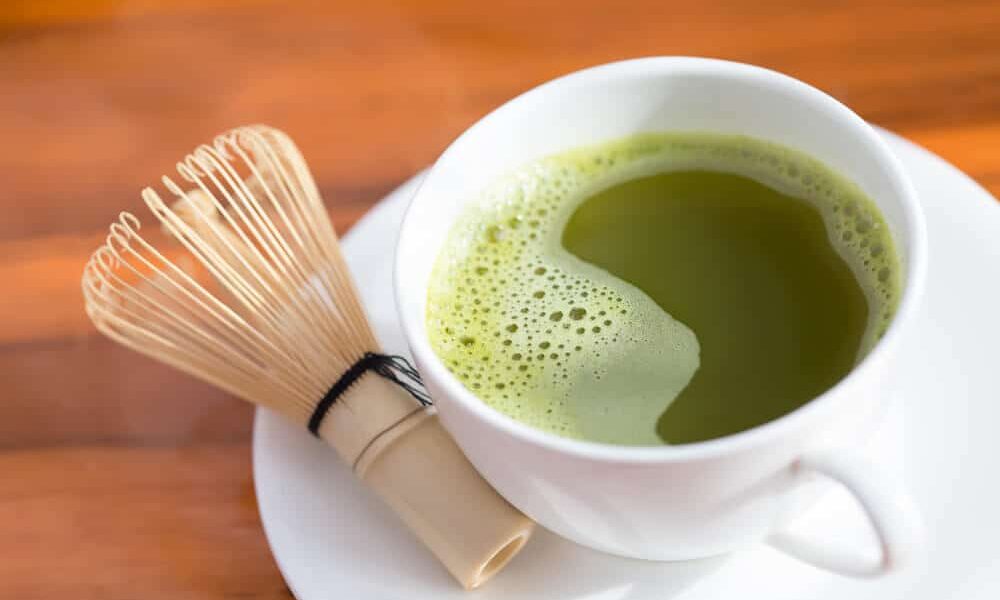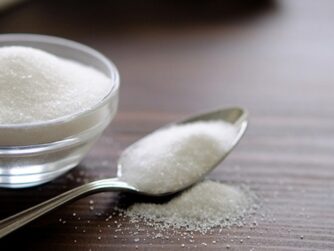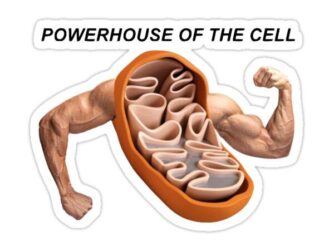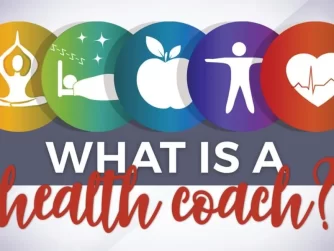Let’s be real—there’s a lot of hype around matcha green tea right now.
You’ve seen it in fancy coffee shops, health food stores, and maybe even in pre-workout powders. But what exactly is matcha? Is it just green tea in a cooler package, or is there more to it? And more importantly—should you be drinking it?
As a certified personal trainer and nutritionist, I get this question from clients all the time. So today, let’s break it down in plain English. We’ll cover what matcha is, how it stacks up against regular green tea and black tea, the real health benefits (and a few cons), and whether or not it deserves a place in your healthy routine.
What Is Matcha?
Matcha is a type of green tea—but it’s not your average teabag. It’s made by grinding up specially grown green tea leaves into a fine powder. Instead of steeping the leaves in hot water and throwing them away (like you do with most teas), with matcha, you’re actually drinking the whole leaf.
That means you’re getting a much more concentrated source of nutrients, antioxidants, and caffeine.
Matcha is traditionally whisked into hot water (or milk for lattes), but you’ll also find it in smoothies, baking recipes, and even energy bites. It has a rich, earthy flavor—some say grassy or umami—and it definitely takes some getting used to if you’re coming from sugary drinks.
Matcha vs Regular Green Tea
Here’s where matcha really starts to shine.
Antioxidants: Matcha contains significantly more antioxidants than regular green tea. One study found that matcha has up to 137 times more epigallocatechin gallate (EGCG)—a powerful antioxidant—than standard green tea. EGCG is known for fighting inflammation, supporting heart health, and even offering some cancer-protective effects (Source: Journal of Chromatography).
Caffeine: One cup of matcha has about 60-70 mg of caffeine, compared to 30-40 mg in regular green tea. So if you’re looking for a clean energy boost without the crash of coffee, matcha is a solid option.
L-theanine: This amino acid, also found in matcha, promotes a calm, focused state of alertness. It works synergistically with caffeine to give you energy without the jitters. This makes matcha a great pre-workout or morning beverage for those who want to stay mentally sharp.
Matcha vs Black Tea
Black tea is another popular caffeine source—but it’s oxidized, which gives it a stronger, bolder flavor. While black tea also has health benefits (like supporting heart health and improving focus), it generally contains less L-theanine than matcha and fewer antioxidants overall.
So, if you’re choosing between black tea and matcha for maximum health impact, matcha has the edge—especially if you’re sensitive to caffeine crashes or want something more calming.
Health Benefits of Matcha
Here’s where it gets exciting. Matcha has some pretty impressive health benefits when consumed as part of a healthy lifestyle.
1. Fights Inflammation
Thanks to its sky-high antioxidant content, matcha helps reduce oxidative stress and inflammation in the body. This is big if you’re dealing with sore joints, training fatigue, or chronic conditions.
2. Boosts Brain Function
That caffeine and L-theanine combo we talked about? It’s been shown to improve focus, memory, and even reaction time. Great for early morning workouts, long work days, or when you’re feeling mentally foggy.
3. Supports Heart Health
Studies suggest that green tea can help lower LDL cholesterol and reduce blood pressure, which are both major factors in heart disease. Since matcha is a more concentrated form, it may amplify these benefits.
4. May Aid Weight Loss
While not a magic fat burner, matcha can slightly boost your metabolism and help your body oxidize fat more efficiently—especially during exercise. It’s a nice bonus, but it won’t do the work for you.
5. Enhances Workout Performance
The combo of steady caffeine and antioxidants can improve endurance and reduce fatigue during long training sessions. I often recommend it as a natural pre-workout option for clients who want to avoid synthetic ingredients.
Are There Any Downsides?
As much as I love matcha, there are a few things to consider:
1. Caffeine Sensitivity
If you’re sensitive to caffeine, start with a small dose—half a teaspoon or less. Matcha hits differently than coffee, but it can still cause restlessness or anxiety in some people.
2. Quality Matters
Not all matcha is created equal. Cheap brands can taste bitter, lack nutrients, or be contaminated with heavy metals. Look for ceremonial-grade matcha from Japan. Yes, it’s more expensive—but you’re paying for purity and flavor.
3. Price
Let’s be honest—matcha isn’t the cheapest option on the shelf. But think of it like this: you’re paying for high-density nutrition in every cup. If it replaces an overpriced energy drink or sugary latte, you might actually save money in the long run.
Should You Drink Matcha?
Here’s my honest take: matcha is an awesome addition to a healthy lifestyle—but it’s not essential.
If you already eat clean, move regularly, and hydrate well, matcha can be that “cherry on top” that supports your goals and adds variety.
If you’re just getting started on your health journey, don’t worry about matcha until you’ve got the basics down. Build the foundation first: real food, sleep, movement, hydration.
Once you’re there? Try a matcha latte or blend a half-teaspoon into your morning smoothie. You might just love how it makes you feel.
My Personal Experience
I’ll be honest—I was skeptical at first. The first time I tried matcha, I thought it tasted like grass. But once I learned to make it right (a little almond milk, some cinnamon, and a drop of honey), it grew on me fast.
Now I use it 3–4 times a week as a clean energy boost, especially before workouts or on long workdays. It keeps me focused, energized, and just feels like a clean fuel source.
And that’s really the point—it’s not about fads or superfoods. It’s about what works for you.
Final Thoughts
Matcha green tea isn’t just trendy—it’s a legitimate health-supporting beverage that offers real benefits when used the right way. High in antioxidants, gentle on the body, and versatile in how you can use it, matcha might just be the boost your health routine needs.
Just remember: it’s a supplement, not a solution. Get your nutrition right first, and let matcha support your journey—not define it.







